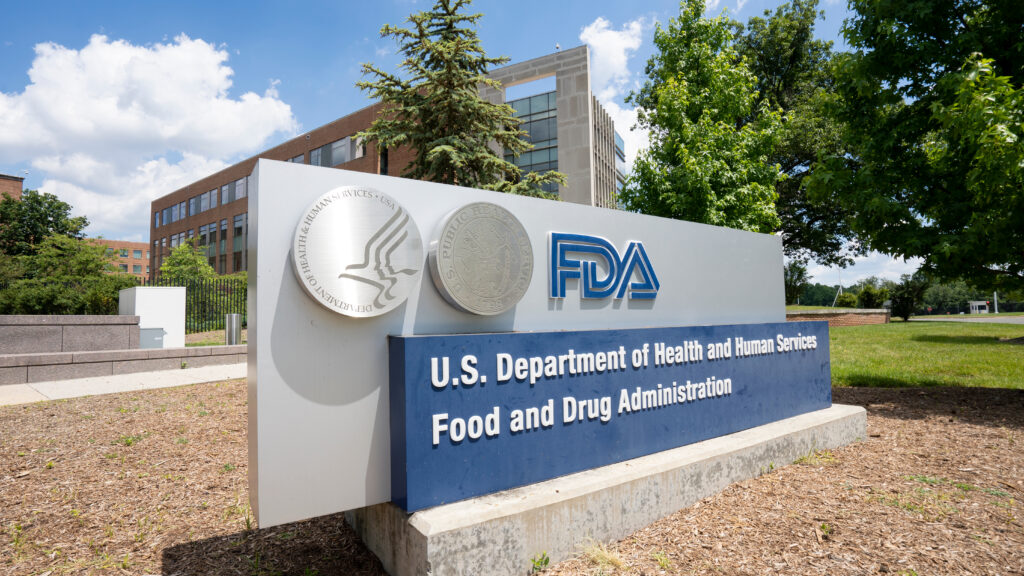Health
FDA Drug Approval Process Faces Significant Slowdown

The Food and Drug Administration (FDA) is experiencing a slowdown in its drug approval process, significantly impacting the pharmaceutical industry. An analysis conducted by analysts at RBC Capital Markets revealed that the agency’s performance metrics have deteriorated in the recently concluded third quarter of 2023. This trend includes a notable decline in the approval rate of new drugs, an increase in rejected marketing applications, and a rise in delays for application reviews.
In the third quarter, the drug approval rate fell to 73%, a sharp decrease from an average of 87% recorded over the previous six quarters. This decline raises concerns among pharmaceutical companies that rely on the FDA’s timely evaluations to bring new treatments to market. The analysis also reported that the rate of rejected marketing applications surged to 15%, exceeding the historical average of 10%.
Delays in the review process have become more pronounced as well. The FDA failed to meet deadlines for completing application reviews in 11% of cases, a significant increase from the typical rate of 4%. These delays can have substantial implications for drug manufacturers, impacting their revenue and timelines for product launches.
The changes in the FDA’s operational efficiency come at a crucial time for the pharmaceutical sector, which has been navigating a complex landscape characterized by intense competition and regulatory scrutiny. With more rejected applications and extended review times, companies may face challenges in achieving their development goals and maintaining investor confidence.
As the FDA adjusts its processes and responses to evolving industry demands, stakeholders will be closely monitoring how these changes affect the broader market. The implications of this slowdown could resonate throughout the healthcare system, ultimately influencing the availability of new medications for patients in need.
The heightened scrutiny from the FDA reflects broader challenges within regulatory frameworks, raising questions about the future of drug development in the United States. As pharmaceutical companies adapt to these new realities, their ability to innovate and respond to patient needs will be put to the test.
-

 Science2 weeks ago
Science2 weeks agoIROS 2025 to Showcase Cutting-Edge Robotics Innovations in China
-

 Politics2 weeks ago
Politics2 weeks agoJudge Considers Dismissal of Chelsea Housing Case Citing AI Flaws
-

 World2 weeks ago
World2 weeks agoBravo Company Veterans Honored with Bronze Medals After 56 Years
-

 Lifestyle2 weeks ago
Lifestyle2 weeks agoStone Island’s Logo Worn by Extremists Sparks Brand Dilemma
-

 Top Stories2 weeks ago
Top Stories2 weeks agoIndonesia Suspends 27,000 Bank Accounts in Online Gambling Crackdown
-

 Health2 weeks ago
Health2 weeks agoStartup Liberate Bio Secures $31 Million for Next-Gen Therapies
-

 Sports2 weeks ago
Sports2 weeks agoMel Kiper Jr. Reveals Top 25 Prospects for 2026 NFL Draft
-

 Health2 weeks ago
Health2 weeks agoTop Hyaluronic Acid Serums for Radiant Skin in 2025
-

 World2 weeks ago
World2 weeks agoHoneywell Predicts Record Demand for Business Jets Over Next Decade
-

 Politics2 weeks ago
Politics2 weeks agoNew Jersey Voters Urged to Register Ahead of November Election
-

 Lifestyle2 weeks ago
Lifestyle2 weeks agoMary Morgan Jackson Crowned Little Miss National Peanut Festival 2025
-

 Sports2 weeks ago
Sports2 weeks agoYamamoto’s Mastery Leads Dodgers to 5-1 Victory in NLCS Game 2









